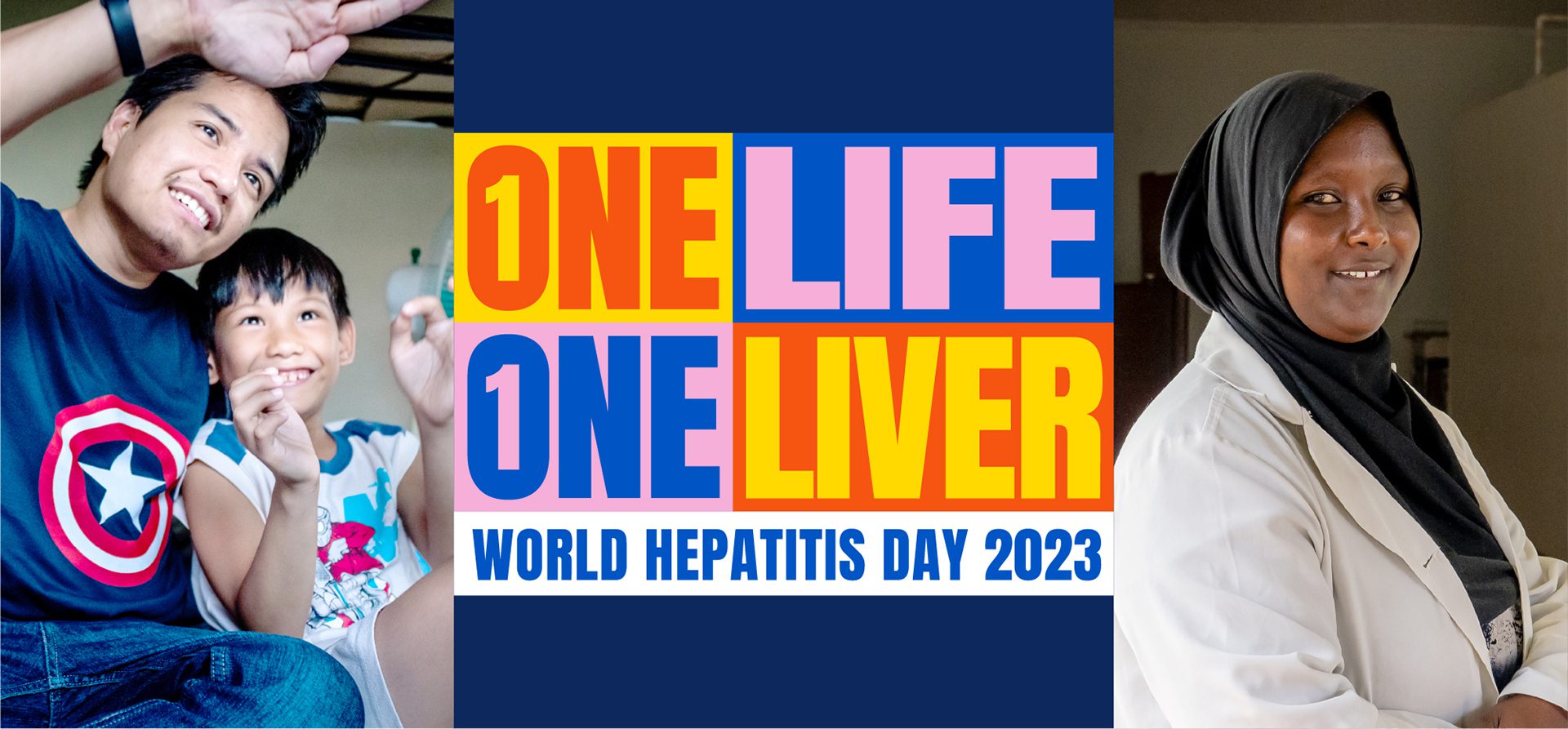
World Hepatitis Day is a global initiative to help bring awareness to the millions of people living with viral hepatitis. It is celebrated on July 28th in honor of Dr. Baruch Blumberg’s birthday. Dr. Blumberg discovered hepatitis B in 1967 and developed the first vaccine for it two years later, for which he won a Nobel Prize in 1976. World Hepatitis Day is one of 11 global health initiatives observed by The World Health Organization (WHO), which has pledged to eliminate the viral disease by 2030.
What is it?
Hepatitis causes inflammation of the liver. The liver’s inflammation can be caused by various conditions, including alcohol, drugs, medications, certain genetic disorders, or autoimmune diseases, but it is most often caused by a virus. Viral hepatitis can be acute (short) or chronic (lasting at least six months).
What are its different types?
There are five types – A, B, C, D and E. Hepatitis B and C are the most prevalent, and they are the focus of WHO as they lead to chronic disease that includes liver cirrhosis and liver cancer.
- Hepatitis A is a vaccine-preventable liver infection; It is transmitted through ingesting contaminated food, water, or direct contact with an infected person. It is associated with poor sanitary conditions and hygiene. Hepatitis A can also be contracted from eating shellfish harvested from contaminated water. Most people recover. The disease does not become chronic, and no long-term health complications exist.
- Chronic Hepatitis B is transmitted through the blood and body fluids of an infected person, but in developing countries, it is often transmitted from mother to child during delivery. The best way to prevent hepatitis B is to get vaccinated.
- Chronic Hepatitis C is a bloodborne virus. Hep C is known as the silent killer because people infected with the disease are often not diagnosed until they experience severe symptoms. Antiviral drugs can cure more than 95% of these infections, but early detection and treatment are limited in many parts of the world.
- Hep D is the rarest. It only develops in people who have hep B. Hepatitis D is spread by contact with an infected person’s blood or body fluids and can cause severe illness that can lead to liver damage and even death. Treatment is limited, but a new drug has had promising results.
- Hepatitis E is spread when a person unknowingly ingests (even in microscopic amounts) the virus that the stool of an infected person has contaminated. This mode of transmission is called the fecal-oral route. Most infections occur in countries with poor sanitation and limited access to clean drinking water. But in developed countries, hep E can be caused by eating undercooked pork, venison, or shellfish.
Global impact
It is estimated that 354 million people are infected with hepatitis B or C worldwide, and over a million die yearly due to limited access to testing and treatment. Viral hepatitis has a global impact, and over half of all newborns worldwide are not protected by the hep B vaccine.
World hepatitis day 2023 theme
The theme for World Hepatitis Day 2023 is “One Life, One Liver .” This slogan is a call to action to raise awareness to eliminate the global health crisis of those living with viral hepatitis. Unfortunately, only 8 out of 194 countries are on track to eliminate the disease by 2030, a goal the World Health Organization set. “One Life, One Liver” emphasizes the importance of liver health. The campaign encourages us to know our hep status, reduce alcohol, maintain a healthy weight, and manage high blood pressure and diabetes.
The way forward
The World Hepatitis Alliance established World Hepatitis Day back in 2008. And even though current statistics are staggering, Dr. Robert Mitchell, a gastroenterologist and liver specialist at Surrey Memorial Hospital, says significant progress has been made in treating the disease. “There are exciting new treatments available now to help people with hepatitis…Y-90 is a procedure performed in the interventional radiology department,” said Dr. Mitchell. Y-90 is a minimally invasive procedure for liver cancer. It targets liver tumors directly without damaging other healthy tissue. It is estimated that 75% -95% of patients see improvements from the treatment, which improves their quality of life and survival rate. “Another advancement is a drug called Bulevirtide,” said Mitchell. Approved for use in 2020, Bulevirtide is a new antiviral medication that has been proven effective for those individuals infected with hep D.
The world can’t wait
With the COVID-19 pandemic behind us, the World Health Organization hopes to renew focus on eliminating hepatitis. World Hepatitis Day does exactly that. The day creates awareness, promotes prevention and champions treatments. Help spread the word on social media using hashtags #worldhepatitisday, #WHD, or #hepatitiscantwait to join the conversation.
 About the Author
About the Author
This article is a guest post by Denise Moulton, a registered nurse that works at the Jim Pattison Outpatient Care and Surgery Centre in Surrey. Denise is passionate about writing. Her background in journalism allows her to create compelling and informative content that resonates with anyone interested in healthcare. In her free time, Denise can be found exploring British Columbia’s hiking trails.


